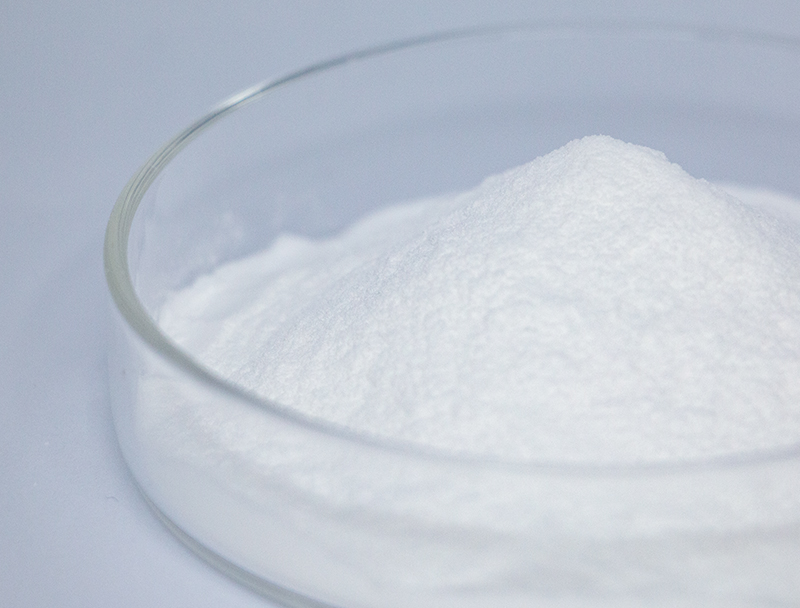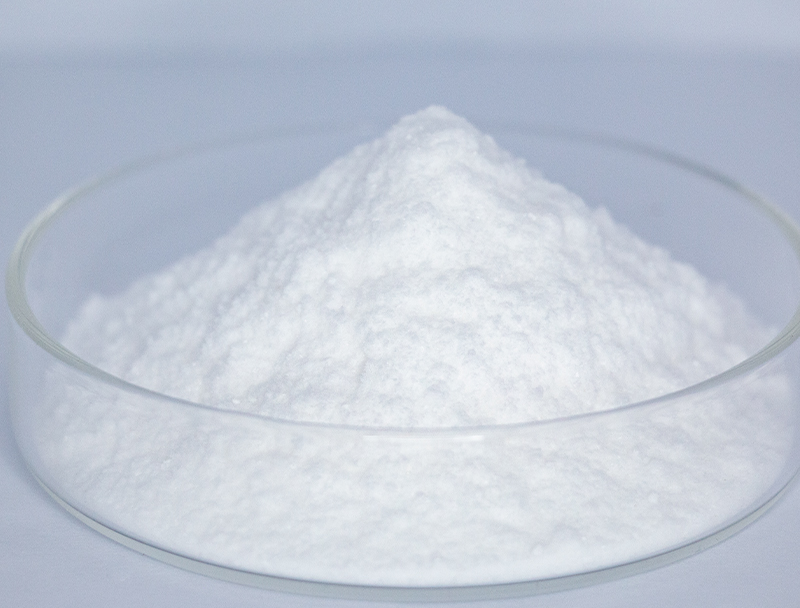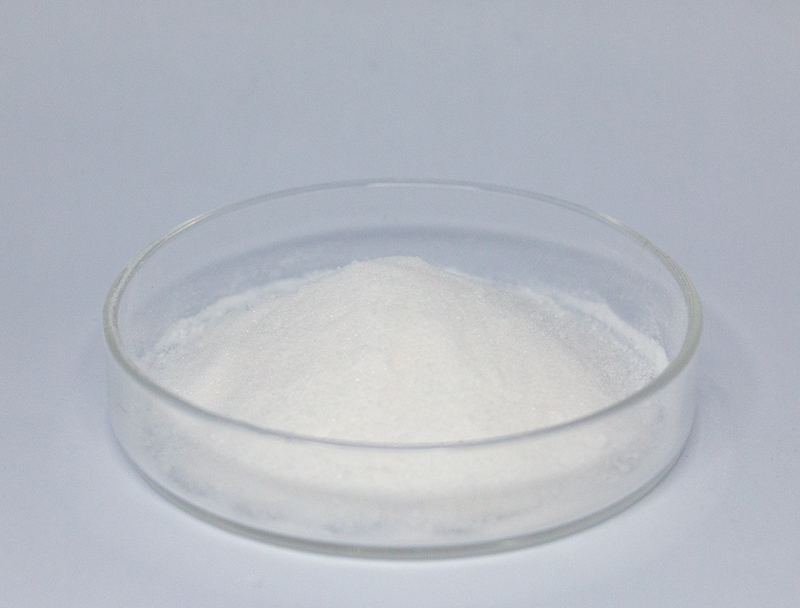warranty-supported after-sales-supported goods gmp ready calcium oxoglutarate

Modern biofabrication is grounded in an extensive collection of raw materials to produce innovative bio-based products.
Safeguarding sustainably sourced materials forms the foundation of durable, responsible industrial growth.
several issues arising from typical material sourcing including biodiversity loss and excessive resource use. Thus, organizations must explore circular sourcing options to lessen environmental harm.
- Representations of ethical supply approaches are:
- Utilizing renewable feedstocks derived from agricultural byproducts
- Adopting looped production models to decrease loss and amplify reuse
- Collaborating with regional vendors focused on fair procurement
Shifting to ethical sourcing drives environmental value and long-term commercial viability.
Enhancing Biomass Composition for Superior Biofuel Results
Enhancing biofuel output is grounded in superior feedstock characteristics. Experts maintain efforts to discover ways to maximize feedstock value, leading to higher yields of biofuels and a more sustainable energy future. This involves genetic modifications to increase biomass production, as well as pretreatment techniques that break down complex plant materials into more readily fermentable sugars.
- Furthermore, teams search for alternative biomass sources including algal strains, industrial wastes, and crop leftovers to broaden sustainable feedstock options for fuels.
- Because of continual endeavors biofuel technology is set to attain meaningful progress that supports renewable energy growth.

Next-Generation Upstream Methods in Biopharmaceuticals
covers the early phases of biopharma production including culturing and biological harvesting New innovations across this area have produced enhanced manufacturing methods that boost yields.
Significant developments incorporate advanced biological platforms, tailored medium blends, and precision reactor engineering. These innovations not only enhance productivity but also minimize production costs and environmental impact.
- Moreover, continuous manufacturing adoption is enabling dynamic control and greater adaptability in upstream workflows.
- Transitioning to refined production methods has the potential to overhaul the industry and expedite new treatments.

Molecular Editing Strategies to Increase Bioproduct Output
evolutions in genetic modification techniques have optimized therapeutic biosynthesis. By precisely targeting genes within host organisms, researchers can enhance the yield of valuable therapeutic proteins. This approach holds immense potential for developing more efficient and affordable biopharmaceuticals to address a wide range of diseases.
Biodegradation Strategies Using Targeted Microbial Cultures
promising microbial strategies enabling effective environmental cleanup and restoration. Certain microbes have capacities to biotransform contaminants into nonharmful forms.. Utilizing microbial metabolism supports eco-friendly site cleanup methods that limit secondary harm from remediation.. Laboratories test microbial species for efficacy against metals, pesticide pollutants, and oil-related contamination. Microbial strains work in bioreactor settings or on-site applications to convert pollutants through biological pathways..
Microbial-based approaches to remediation bring considerable advantages over traditional solutions. Microbial remediation can cut expenses and limit harmful secondary emissions. Furthermore, microbial solutions are highly specific, allowing for the remediation of particular pollutants without disrupting the broader ecosystem. The field is rapidly refining methods to make microbial remediation more efficient and broadly effective.
Bioinformatics' Impact on Drug Design
Informatics platforms are essential to current drug discovery and development pipelines. From identifying potential drug candidates to optimizing their efficacy and safety, bioinformatics enables a more efficient and data-driven approach.
- Through mining large genomic, proteomic, and clinical repositories, informaticians reveal new targets and forecast drug behaviors.
- Additionally, simulation tools enable prediction of binding and activity, guiding creation of more potent drugs.
- To conclude, computational approaches are revolutionizing discovery and reducing time-to-patient for effective drugs.
Metabolic Engineering Strategies for Enhanced Bioproduct Synthesis
adopts varied approaches to raise biosynthetic yields of beneficial compounds. Programs use genetic redesign of metabolic networks, dynamic regulation of expression, and addition of heterologous genes to unlock new capabilities. Through careful adjustment of metabolic routes engineers can markedly elevate product titers.
This wide-ranging tactic can overhaul industries spanning medicine, agriculture, and energy production.

Industrializing Biopharmaceuticals: Risks and Rewards
Transitioning to higher volumes entails serious complications and potential rewards. Preserving batch-to-batch quality when scaling up is a key challenge. Addressing it demands strong process governance, accurate real-time analytics, and advanced measurement systems.

A further difficulty lies in process complexity, with many interdependent production phases.. Refining processes for commercial volumes demands deep R&D investment and novel engineering solutions.. However, the prospective rewards are sizable. Skilled scaling can enlarge supply, lower prices, and increase profit potential.
Numerous initiatives aim to tackle these scaling challenges. They encompass new process-improvement tools, in-line analytics for continuous oversight, and creative manufacturing approaches.
- Technology development efforts underpin advances in production capability.
- Oversight institutions are updating guidelines to ease approval of manufacturing advances and catalyze innovation.
Understanding Regulatory Oversight to Ensure Biopharmaceutical Quality
Advancing biopharmaceuticals involves heavy regulatory scrutiny to secure product safety and proven efficacy. Products of biological origin introduce specific challenges that differ from standard drug development.
Authorities including the FDA and EMA implement guidelines and thresholds to assess and approve novel biologic products.
Thorough testing frameworks are compulsory during all stages of development including after market release.. Those requirements help reveal risks and confirm that biologics satisfy stringent safety criteria..
Also, governing institutions evolve their strategies to respond to swift advances in biopharmaceutical science.. Measures involve adopting innovative technologies and enabling development acceleration without compromising patient welfare.

Harnessing Plant Feedstocks to Create Biodegradable Plastics
The growing need for sustainable materials has led to a surge in research and development of renewable options. Bioplastics produced from plant biomass form a compelling option for lowering environmental footprint. Sources like cornstarch, cellulose fibers, and sugarcane biomass can transform into compostable plastics that decompose and reduce pollution.
Concurrently, several bioplastic formulations approximate conventional plastic traits and serve wide-ranging applications. Further innovation is required to mature plant-based bioplastics for broad adoption and circular economic models.
Biotech's Role in Improving Global Health and Agricultural Resilience
Biotech provides transformative capabilities that can change healthcare outcomes and strengthen food systems. By harnessing genetic engineering, synthetic biology constructs, and advanced cell therapies, technologists deliver capabilities to reduce disease burden, raise crop outputs, and increase food value. A concrete example includes modified crops engineered for pest and stress tolerance that yield α-Ketoglutaricacid more while decreasing pesticide needs. Similarly, biotech contributes advanced vaccines, antimicrobial strategies, and diagnostic techniques crucial for infectious disease management and health advancement.. Continued scientific progress suggests biotechnology will increasingly underpin healthier, more sustainable societies worldwide.
